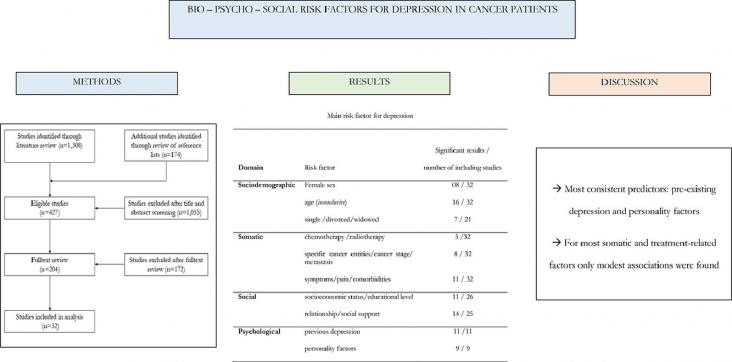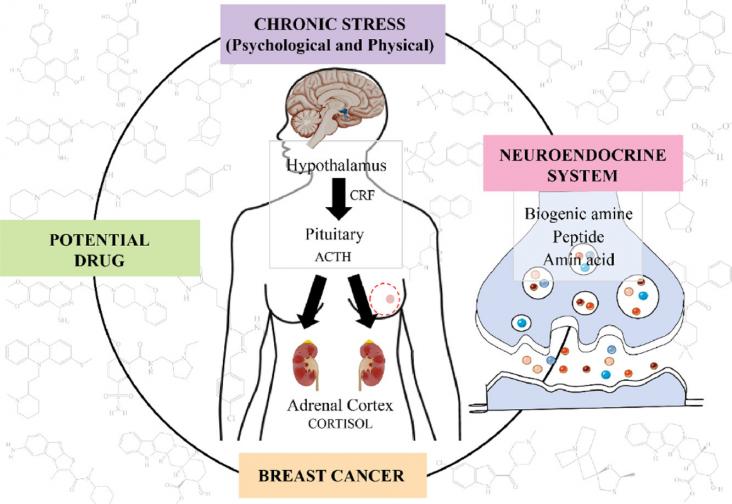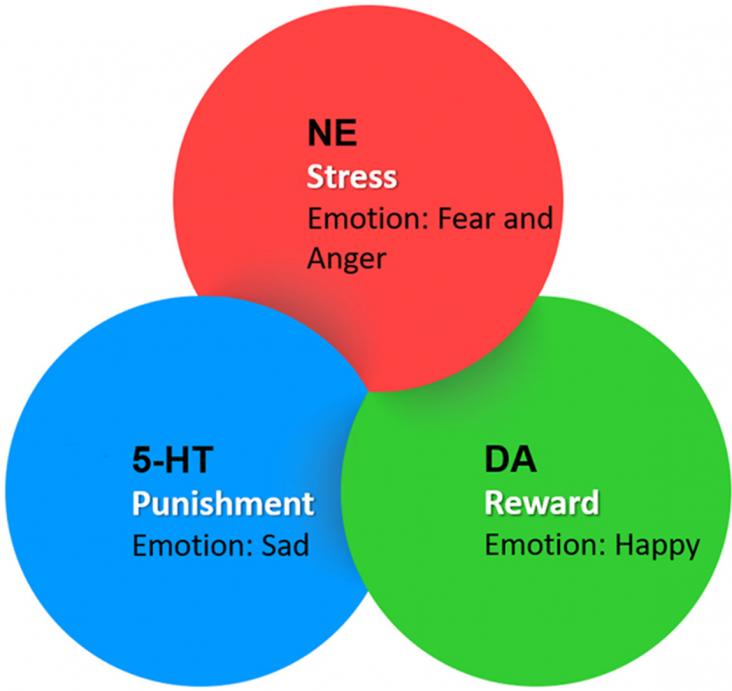World Mental Health Day was observed for the first time on 10 October 1992. The day, officially commemorated every year on October 10th, aims to raise awareness in the global community about the critical mental health agendas – with a unifying voice through collaboration with various partners – to take action and to create lasting change. It was started as an annual activity of the World Federation for Mental Health by the then Deputy Secretary-General Richard Hunter. In 1994, at the suggestion of then Secretary-General Eugene Brody, a theme for the Day was used for the first time. It was “Improving the Quality of Mental Health Services throughout the World.” Within three years, the Day had become a valuable occasion for interested government departments, organization and committed individuals to arrange programs to focus on aspects of mental health care. World Mental Health Day celebrates awareness for the global community in an empathetic way, with a unifying voice, helping people feel hopeful by empowering them to take action and create lasting change. This year's theme is "Make mental health & well-being for all a global priority".
Artificial Intelligence, Machine Learning, and Mental Health in Pandemics
A Computational Approach
2022, Pages 189-208
Artificial Intelligence, Machine Learning, and Mental Health in Pandemics
A Computational Approach
2022, Pages 1-51
Foundations of Sleep Health
2022, Pages 199-237
Mental Health in a Digital World
Global Mental Health in Practice
2022, Pages 191-206
Mental Health in a Digital World
Global Mental Health in Practice
2022, Pages 109-143
Global Mental Health and Neuroethics, Volume , 16 January 2020
Global Mental Health and Neuroethics, Volume , 16 January 2020
Managing Treatment-Resistant Depression
Road to Novel Therapeutics
2022, Pages 205-219
Mental and Behavioral Health of Immigrants in the United States, June 2020, Pages 157-178
Mental Health in a Digital World
Global Mental Health in Practice
2022, Pages 395-433
Mental Health in a Digital World
Global Mental Health in Practice
2022, Pages 459-479
The Handbook of Alcohol Use
Understandings from Synapse to Society
2021, Pages 81-106
The Neuroscience of Depression
Genetics, Cell Biology, Neurology, Behaviour, and Diet
2021, Pages 405-414
Practical Stress Management (Eighth Edition)
A Comprehensive Workbook
2022, Pages 117-137
Translational Oncology, Volume 22, August 2022
IBRO Neuroscience Reports, Volume 12, June 2022
IBRO Neuroscience Reports, Volume 12, June 2022
Clinical Breast Cancer, Volume 22, June 2022
Translational Oncology, Volume 15, January 2022
IBRO Neuroscience Reports, Volume 11, December 2021
Public Health in Practice, Volume 2, November 2021
In Nigeria, the disparity between available healthcare services and need for mental health services is palpable. Although, the country has made significant advances on challenging public health problems, health-related policy development and legislation in trying to achieve health for all policy, there have been challenges with regards to mental health services including that of policy development and legislation, financing, research, training and integration of mental health care into primary health care.
Clinical Epidemiology and Global Health, Volume 11, 1 July 2021
Background: The effectivity role of community mental health worker (CMHWs) has several important gaps in the service provision at the community level. This study aimed to explain community mental health workers' effectivity role for the rehabilitation of mental health illness. Methods: A systematic review searched five electronic databases (Scopus, PubMed, ScienceDirect, CINAHL, and ProQuest) for previous studies published between 2015 and 2020. The Centre for Review and Dissemination and the Joanna Briggs Institute Guideline used to assess quality and Prisma checklist guided this review.
Clinical Breast Cancer, Volume 20, October 2020
The Lancet Planetary Health, Volume 6, March 2022
The Lancet Planetary Health, Volume 5, December 2021



